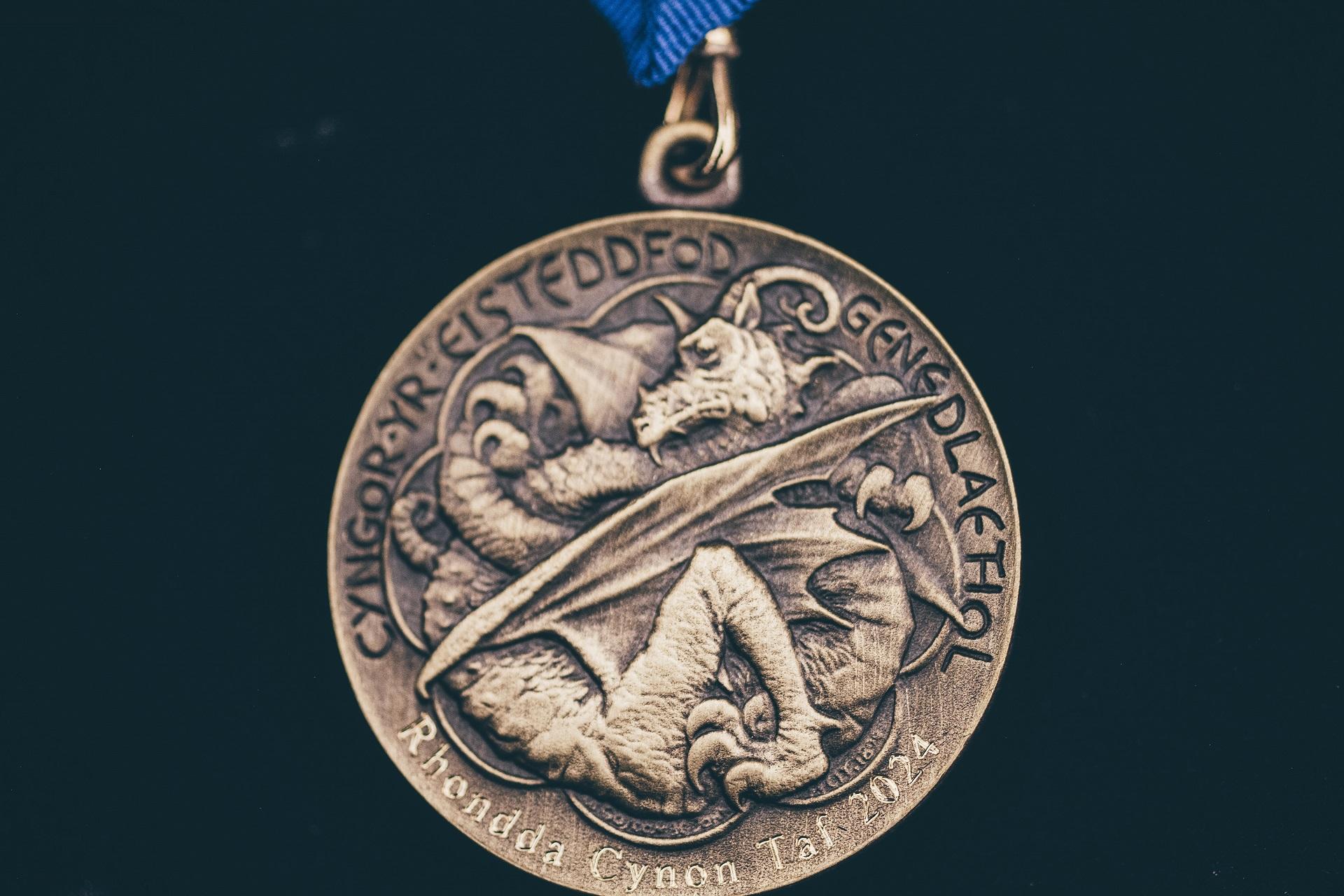Statement from the adjudicators and Eisteddfod President and Chair of the Board of Trustees
Following discussions and speculation on the Maes and particularly in the press and media over the last few days, the adjudicators of the Drama Medal competition have released a statement explaining the process and what led to the Eisteddfod’s Board of Trustees’ decision to withhold this year’s Drama Medal competition.
“We as judges came to the process of reading and choosing the winning play completely blind this year. A play was chosen that we all agreed was an exciting voice and a fresh and new point of view for theater in Wales. We expected all authors to have done their research thoroughly. This is crucial to the authenticity and integrity of the plays.
"As the process progressed, it became clear to the Eisteddfod that the competition could not continue. Their intention was not to censor but to protect everyone involved in the competition and the community the playwright claimed to represent. It was the Eisteddfod Board's decision to stop the competition at this point.
"Being part of the judging process this year, we are confident that there’s a lot of writing talent worth celebrating and we appreciate the hard work that went into each and every play. I hope we’ll have the opportunity to see some of the plays we read as part of the process on our stages in the future.
"Thank you to the Eisteddfod for inviting us to judge, but our task has been completed, and each competitor has received individual comments on their work. We will not be making further public comments on the Eisteddfod's decision to suspend the competition, as we’re not part of the decision-making process of the Eisteddfod's Board of Trustees.
"We’re happy to be part of further discussions within the sector when the revised Eisteddfod guidelines are published later in the year, as it’s an important conversation to have, and hope that it will bring positive changes to the competition in the future."
Ashok Ahir, President of the Court and Chair of the National Eisteddfod’s Board of Trustees of the National Eisteddfod, added, "The Eisteddfod has a responsibility to protect everyone involved in our competitions, including those who have competed and the judges. That has been the aim throughout this process.
"It must be emphasised that the judges agree with the decision of the Board of Trustees, and that the Eisteddfod has been in regular contact with them throughout the discussions over the past few weeks.
"We’ve already said that we’ll look at the processes related to our composition competitions over the coming months, ensuring that all our tems, conditions and rules are suitable and as future-proofed as possible. This will start at the meetings of our central panels at the end of September.
"We agree that there needs to be a discussion on this year’s competition, and on the endless comments and speculation aired through the press and media over the last few days. We would welcome the opportunity to jointly lead a discussion with the sector in the autumn.
"We’re aware that some feel very strongly about this matter, and are proud that people feel that the Eisteddfod and our competitions belong to everyone. This is a crucial part of our ethos. The last few days have been difficult for everyone, and I hope there’ll be an opportunity for a constructive and mature discussion about all this in the autumn."

